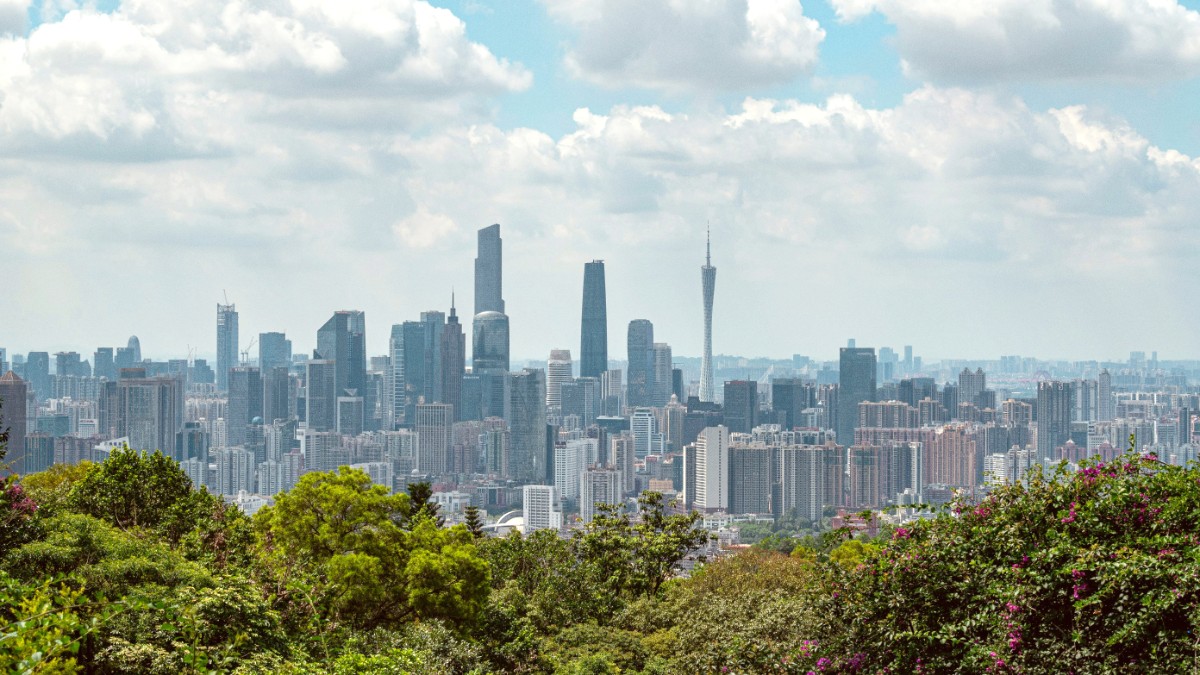
Guangdong, China
Guangzhou has urban wetland parks (e.g., Haizhu Wetland Park) and forest parks for ecological preservation.
Recycling infrastructure is developing; separate waste where designated bins are available.
Be mindful of water usage, notably in hotels, by taking shorter showers and reusing towels.
Act responsibly to minimize your environmental footprint.
Reduce your carbon footprint by making informed travel choices. Consider offsetting via Terrapass.
Look for sustainable accommodations and tour operators. Book eco-friendly stays via Ecobnb.
Guangzhou actively preserves its natural areas for ecological protection and urban biodiversity.
Individual actions contribute to a greener travel experience.
Your choices influence the environment. Support conservation efforts like those at The Rainforest Site.
Navigate social norms with grace and an open mind.
Guangzhou actively works to preserve its historical districts and intangible cultural heritage.
Guidelines for polite and considerate behavior in social situations.
Taking photos responsibly and observing privacy concerns.
Appropriate conduct when visiting temples or ancestral halls.
Be aware of these common cultural taboos.
Avoid discussing sensitive political subjects.
Do not write names in red ink; it is related to death.
Avoid giving gifts that might be associated with funerals, like clocks or white flowers.
Make choices that support local communities and ensure your tourism benefits the people of Guangzhou directly.
Directly benefit the community by choosing local establishments.
Ensure artisans and producers receive fair compensation for their work.
Be vigilant and avoid supporting unethical activities.
If you wish to donate, choose reputable and transparent organizations.
Ensure your money remains within the local community.
Dine at smaller, independent restaurants for authentic flavors and direct support.
Purchase souvenirs and goods from local, independent vendors.
Hire local guides for unique insights and direct economic benefits.
Research tour operators before booking to ensure they adhere to ethical practices and do not contribute to harmful activities.
Your purchases contribute directly to the local economy. Choose local restaurants to ensure your spending benefits the local community directly.